Here at Tiber Health, we’re dedicated to helping improve med school diversity and the diversity of the professional health workforce. We believe our Master of Science in Medical Sciences (MSMS) program has the potential to play a significant role in helping talented students from underrepresented backgrounds find a new path to medical school, dental school, and other professional healthcare programs. With the recent publication of a new manuscript in Academic Medicine, the Journal of the Association of American Medical Colleges (AAMC), we now have some peer-reviewed research to help back that belief up.
Conducted by our President, Dr. David Lenihan, and a team of researchers from Ponce Health Sciences University (PHSU) and Tiber Health Innovation Corporation, the study "Increasing Diversity in the Physician Workforce: Pathway Programs and Predictive Analytics" provides insights into how a pipeline program like ours can leverage predictive analytics to support students on their journey towards medical school—students who can then go on to provide critically needed care in underserved communities.
The Problem This Study Addresses
We’ve written in the past about how the lack of diversity in the healthcare workforce plays a role in perpetuating healthcare disparities—disparities that negatively impact the lives of millions of people, and that have serious implications for the future health and prosperity of the United States. We’re not alone in worrying about this issue, of course.
The AAMC, colleges and universities, government departments, and others have worked to understand why talented students from underserved racial backgrounds or lower socioeconomic backgrounds are less likely to pursue medical careers. Proposals for addressing the problem focus on many different aspects of medical school admissions. This includes “pipeline programs”—graduate certificates or master’s degrees that help students improve their records after they complete their undergraduate studies.
Proposals about pipeline programs often differ about how courses should be delivered, and what kinds of information or support can be effective. Our study relates how a post-bacc pipeline program can make use of data-driven instruction to bring students up to speed with their peers who were directly admitted to medical school—and show medical school admissions committees that graduates of these pipeline programs are prepared to thrive in medical school.
What This Study Compared
The study compared the United States Medical Licensing Exam (USMLE) Step 1 scores of students who completed the PHSU MSMS program prior to acceptance in the PHSU School of Medicine with those students who enrolled directly in the PHSU medical program. Because this study was conducted at PHSU’s main campus in Puerto Rico, all students were from Puerto Rican or Hispanic backgrounds.
Directly admitted medical students had an average GPA of 3.68 and an average MCAT score of 498.7 on entry to the medical program. Students who took the MSMS first had an average GPA of 3.46 and an average MCAT score of 490.2. Both groups of students had similar percentages of first-generation college students (10.1% for directly admitted medical students, 10.8% for MSMS pipeline students).
What the Study Found
Students who completed the MSMS pipeline program had similar USMLE scores to their directly admitted counterparts in spite of having lower GPAs and MCAT scores on entry. The MSMS graduates had an average score of 217.4 on the USMLE Step 1, while the directly admitted students had an average score of 217.8. The numeric score is based on the old USMLE grading system that was in place prior to the adoption of the pass/fail format in 2022.
These results demonstrate that medical students who complete a pipeline program can perform on the same level as their peers who gain admission directly. The pipeline students in this study benefited from an opportunity to develop familiarity with medical school subject matter and build the study skills necessary to successfully manage graduate-level medical education.
Next Steps
We’re excited about the results of this study. We believe that our pipeline program, with its flipped-classroom format and predictive analytics, offers aspiring medical students with deficits in their preparation the support they need to succeed—and now we have data to help show it. The flipped classroom challenges them to apply theoretical knowledge in case studies and discussions, while also providing instructors with detailed data about each student’s strengths and weaknesses. The predictive analytics model also generates a projected USMLE Step 1 score that can help students target their efforts over the course of the program.
We’re continuing to refine the processes behind our predictive analytics model and expand the MSMS’s reach in partnership with colleges and universities. We’re also continuing to develop strategies for coaching students in our MSMS program based on data from the predictive analytics model.
Finally, we’re conducting outreach to medical school admissions committees, explaining how pipeline programs based on predictive analytics can help them consider a wider pool of talented students for acceptance to their programs—students who can become the diverse healthcare providers society needs.



